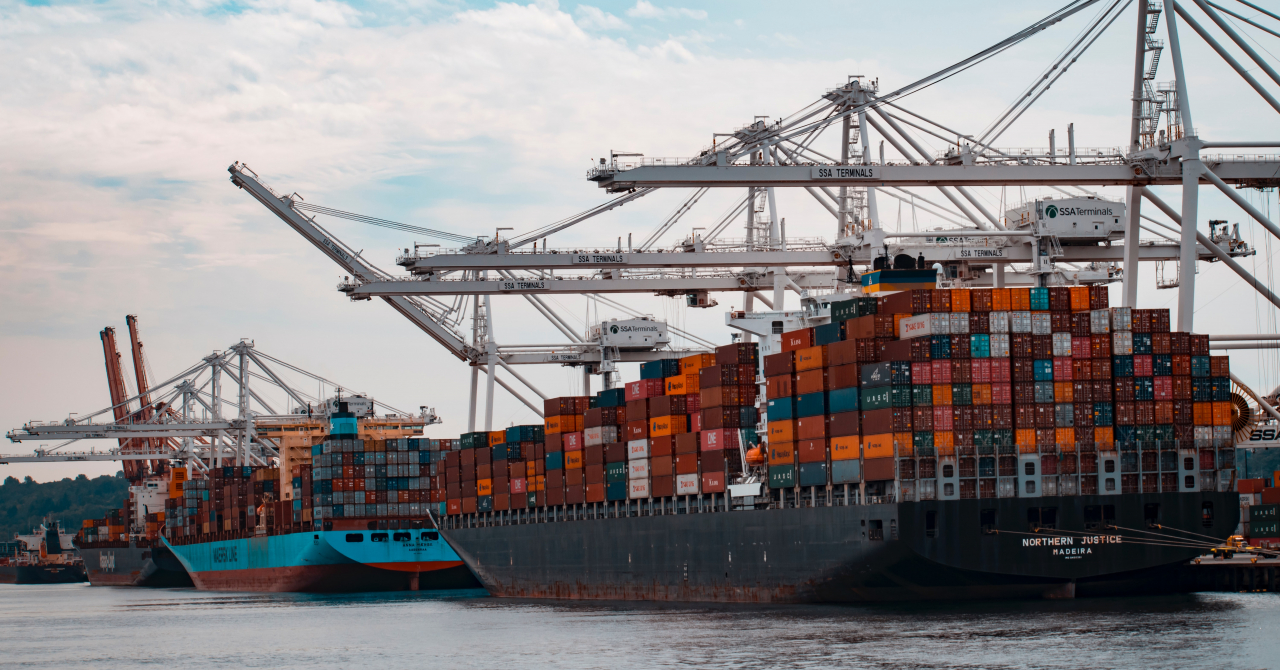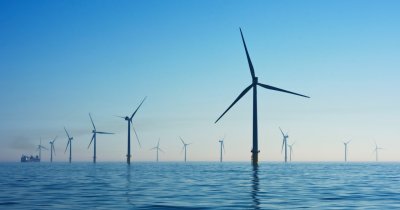According to CleanTehnica, researchers at the National Renewable Energy Laboratory (NREL) are working on bringing the same battery-powering technologies to aircrafts and ships, which could have huge benefits for the environment, as well as reduce noise and save money.
Jesse Bennett, NREL engineer and electric technology analyst, said that “battery powered airplanes and ferries are looking increasingly attractive for certain applications. But we have to think carefully about operational requirements, as well as a range of questions about charging infrastructure, grid integration, policy and regulatory requirements, noise, and emissions impacts.”
NREL is conducting studies regarding the implementation of battery powered planes and ferries in Colorado and North Carolina, which if proven viable, it could have huge benefits worldwide.
Efforts to greenify aviation and shipping transport are happening in Europe as well, since The European Green Hydrogen Acceleration Center is one of the institutions that supports projects who are developing green hydrogen in order to build up a solid supply chain.
Battery-powered ships
Among the companies that work hard to make that happen is MAN ES, a company specialized in developing ship engines, and whose team wants to develop engines running on ammonia and methanol in the next few years.
On the other side of the world, there are towns like Ocracoke, located a few miles off mainland North Carolina, whose citizens rely on ferries to get to the mainland.
For locations like this, electric ferries could prove to be a relief for the environment, by significantly reducing the carbon footprint.
“We are leveraging some of the lessons learned from Washington State and Norway to find best solutions to electrify these ferry miles. Given that electric motors are already common—with diesel generators as the primary energy source—it’s not a stretch to look at increasing e-nautical miles from these ferries by adding batteries”, said Bennett.
Since ferries in the town of Ocracoke already have electric motors, it is easy for them to be fitted with batteries and call it a day, but it is not that simple, since the batteries need to be charged, every now and then.
According to Bennett, supplying enough energy for rapid recharge of these battery systems requires "a unique set of tools, strategies and investments".
In fact, companies around the world should take into account that fuel consumption and the refueling infrastructures are also very important, whether we talk about batteries, hydrogen or other fossil-fuel alternatives.
Hydrogen-powered planes
Small electric planes should take off pretty soon, thanks to companies like Pipistrel, that developed the first EASA-certified electric engine used in their small Velis Electro plane.
Wright is an American company that with a tradition in making plane engines, and it announced that it is developing a battery-powered aircraft that should take off sometime in 2026.
Other companies, such as ZeroAvia and Universal Hydrogen, are looking at the near future and promise to deliver the first commercial planes running on hydrogen in 2024.
Until then, we have the option to run airplanes on sustainable aviation fuels (SAF), which is already being operational by flight companies like Airbus, and it has the major advantage of not requiring any modification to the engine.
There is hope for both the marine and aviation transport methods to be electrified, since a lot of advancements are still happening on land, for electric cars.
With time, the improvements to the charging systems will be made available at scale, for aviation and shipping.
NREL analysis states that by 2030, "almost half of the medium and heavy-duty trucks will be cheaper to buy, operate and maintain as zero-emissions vehicles than traditional diesel-powered combustion engine vehicles."
The aviation industry already makes fast progress, the first green jets, basically carbon-emission free aircrafts, being available on the market from 2035 onwards, believe the industry experts. Airbus is currently preparing a test for a hydrogen-powered jet engine in 2025.
 Mihai - Cristian Ioniță
Mihai - Cristian Ioniță












Any thoughts?